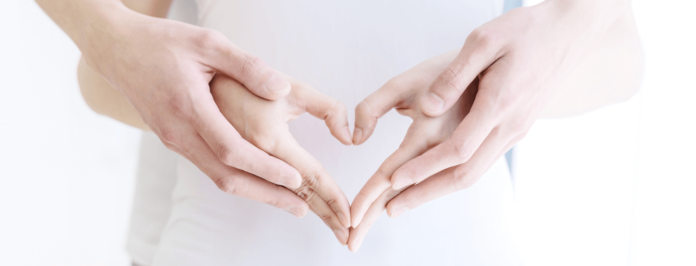A urinary tract infection is when you feel discomfort or pain while you urinate. UTIs all look different. UTIs can cause damage to different parts and systems.
The urinary tract is composed of the kidneys.
An infection of the upper gastrointestinal tract (the kidneys) may be more serious that an infection of the lower intestine (the bladder and urethra).
UTIs may also be caused partly by other conditions, such as sexually transmitted illnesses (STIs). Each condition has its treatment. Understanding the difference between a “simple UTI” and something more serious is important.
UTI Symptoms
It is important to understand that not all urinary tract infections have symptoms. You can catch and treat UTIs early by understanding what they feel like.
The following are common symptoms of a UTI, either simple or lower-tract UTI. They can occur in the bladder or urethra.
- Dysuria – Pain or burning in the urogenital tract (dysuria).
- Frequent urgent urination
- Pain in your pelvic area
- Novituria: Night wake-up call to urinate
- Urine with blood (hematuria).
- Infections of the above tract or the kidneys can lead to different and even more serious symptoms.
- Side or back pain
- Fevers and chills
- Nausea or vomiting
UTIs Are More Prevalent If You Have Higher Risk Factors
There are some people more likely to get a bladder infection than others?
Female anatomy has internal genitalia. Women have a shorter, more feminine urethra than men. Their urethra opening is also closer to where bacteria might be (the anus/vagina). These two factors indicate that bacteria are more likely than men to reach their bladder in women. A UTI occurs about eight times more often in women than in men.
A full bladder doesn’t fill. You may have a blocked bladder or urethra due to kidney stones, an enlarged prostate, constipation (in kids), or other factors such as constipation. This condition is not common but can occur if the nerves that supply your bladder are damaged, as in multiple sclerosis and spinal cord injuries.
It’s easier than ever for bacteria to grow. Increased risk can be caused by dehydration, pregnancy, diabetes or other health problems that weaken the immune system.
What Can Other Conditions Be Compared To A UTI?
Although common and easily identifiable, UTIs can also be caused by other medical conditions. LMA can help with any women’s medical issues. Use our online form for any questions or to book an appointment.
Here are some additional conditions that can be confused with a UTI.
Vaginitis
Vaginitis can be caused by inflammation of the ovarian. It can cause burning and itching. The symptoms can sometimes feel the same as a UTI.
Overactive Bladder
An overactive bladder can make it feel like you must urinate every other day or more frequently. The main reason you have an inactive bladder is that your bladder muscles aren’t working properly. This can happen with certain conditions, such as diabetes, and may also occur in your older years.
Pregnancy
Pregnancy might also have lower urinary symptoms, such as increased urine output at night, incontinence, or poor urination. UTIs during pregnancy are much more likely.
Kidney stones
The effects of kidney stones on men and females can vary. They form when minerals, salts and other substances build up. This can lead to damage to the entire urinary tract. These kidney stones can lead to pain in the abdomen, side, nausea or vomiting, and blood in the urine.
